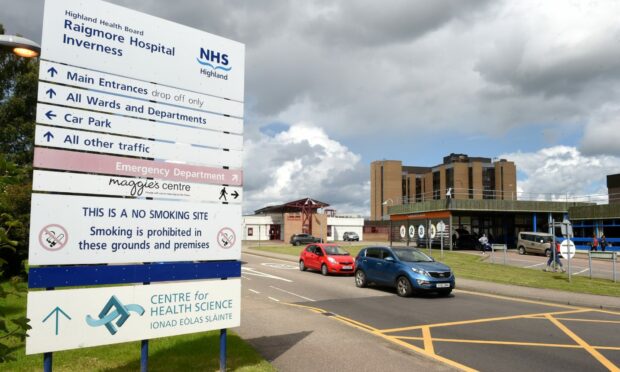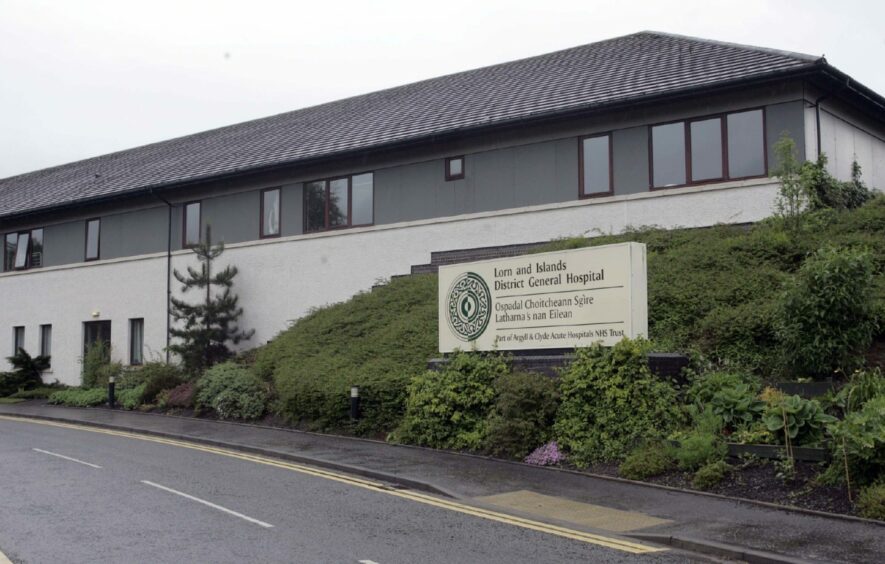The chief executive of NHS Highland has said that “green shoots” of change are starting to emerge after the health board shelled out £2.8 million to bullied staff.
Pam Dudek addressed a special meeting held today to discuss recommendations made by an independent panel investigating claims of bullying.
The panel spoke to 272 people affected while working for the health board and almost half of these workers have since left their roles.
Some staff were driven to depression, alcoholism and drug abuse and were unhappy about the way complaints about their treatment were handled by managers.
‘Bullying is unacceptable’
At the meeting, Ms Dudek stressed that bullying in the workplace is “unacceptable” and would not be tolerated.
She encouraged workers to report any problems so they could be dealt with swiftly.
And she said changes were being implemented as part of The Healing Process, set up to help staff who encountered problems in the past.
“We have definitely got green shoots and people who are telling us that they are feeling a change and seeing a change but there are still people who don’t feel like that,” she said.
“We know we still have a long way to go because we haven’t reliably got people having that positive experience that we want people who work for us to have.”
On learning from the experiences of staff…
Ms Dudek said she’d received many emails thanking her for writing to apologise but there were also people who were unhappy with her letters and felt like she was “far off the mark”.
“This wasn’t many but there have been one or two people who didn’t get what they wanted in this process and didn’t appreciate the content of my apology,” she said.
Share your views on this story in our comments section at the foot of this article
“Part of that might have been because I am apologising on behalf of something that I wasn’t part of and therefore the authenticity of really understanding what it is like for somebody can be difficult to convey.
“And whilst it was significant work and often done by myself outwith working hours because it needed that level of focus I learned a lot from those people’s experiences.
“And having been a long time in the NHS, I can honestly say that some of those experiences I would probably recognise having been around the system a long time, and other systems, not just Highland – big organisations, reliant on a majority of people who don’t always get along and some take it way too far.”
‘Staff shortages can be devastating for teams’
Ms Dudek said management at the organisation appreciated that staff were working in a high pressured system and often with not enough staff.
She said recruitment was often a difficult process and that it can be “devastating” for colleagues who lose a member of staff while working in small specialised or rural teams.
She encouraged members of staff to go down the routes most appropriate to them to report any concerns they have about bullying.
“It’s important to consider that context where people may feel that they are battling against it and we know that there are teams who are,” she said.
“But where there is out and out poor relations where people are bullying, and people are mobbing, or whatever they’re doing within the different levels, that is unacceptable regardless of how much pressure anybody is under and we need to try to encourage people to use the routes because we have a zero-tolerance of that.”
NHS Highland has now paid a total of £2,825,000 in compensation with an average payment award of £10,386.




Conversation